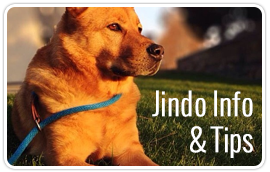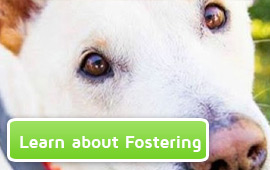
Foster a Jindo
Foster Application
Evaluation Form
If you are new to fostering, or new to fostering with our organization, please complete the foster application and check out our Fostering FAQs and Notes on Fostering (below).
If you are already an approved foster parent and looking to foster a new dog, please fill out the foster contract here.
Please take the time to read our website to make sure you are familiar with typical Korean Jindo Dog characteristics and behaviors, (as well as tips for working with problems), and ensure that you are willing to invest the time and energy into caring for a dog.
Other links to read include: “Things to know about Jindos”
And: Jindos in small spaces
Jindo in small spaces #2
Jindos and urban life
Notes on Fostering
We frequently have more dogs than foster homes, and often are forced to place newly rescued dogs into boarding kennels whilst we try and secure suitable foster homes for them. Aside from the expense of boarding, being able to place a dog into a foster home gives them a chance to recover from the stress of being kenneled. It gives us, as the Rescue, a chance to better assess the dog’s temperament, exposing the dog to different situations and evaluating all experiences. lt also allows us to bring the dog back to good health by providing the dog with medical care when necessary and much-needed TLC.
It gives the foster an opportunity to work with and correct any behavioral problems in the dog, which could potentially have been why the dog arrived in the shelter in the first place (either as a stray or an owner surrender). This means that ultimately the adopter will receive a dog that is better adapted to home life, and has a better chance of remaining permanently in its new home! A true second chance at life!
Whilst we cover all medical expenses whilst the dog is in a foster home, and provide kibble, we also provide support with training.
The responsibilities of a foster parent will likely include the following:
- Regular day-to-day care, such as feeding, exercising and grooming
- Basic training, such as housebreaking (though many Jindos will already be, and can housetrain themselves very quickly, even in an unfamiliar situation), walking on the leash, commands like ‘sit’, ‘down’, ‘paw’, ‘off’, ‘come’…
- Behavior modification, to correct any problems such as excessive barking, fence-climbing, destructive chewing, door-bolting (i.e. dashing through doors)
- Socialization with different people (ages, sexes), and different animals (dog, cats, etc)
- Home medical care such as taking the dog to veterinary appointments, dispensing medications
- Completion of provided Evaluation Forms and taking of photos/videos which are passed on to us so that we are better able to ‘advertise’ the dog for a forever home
- Meeting with potential adopters as arranged through us, the Rescue, and possibly accompanying the dog to perform home-checks and assess the suitability of an applicant for adoption
- Provision of structure, discipline, love and affection to the foster dog














